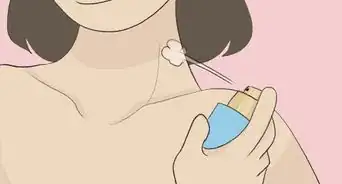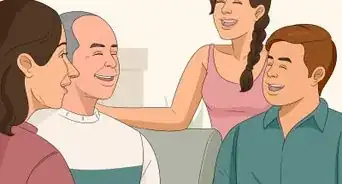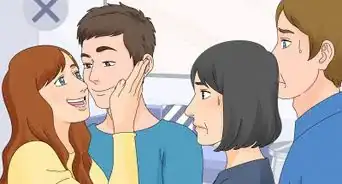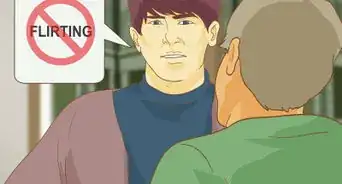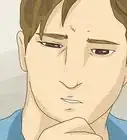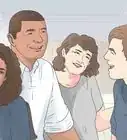This article was co-authored by Laura Richer and by wikiHow staff writer, Hannah Madden. Laura Richer is a Licensed Mental Health Counselor and the Founder of Anchor Light Therapy Collective, a multi-disciplinary mental health counseling clinic in Seattle, Washington. With more than ten years of experience in the mental health sector, she specializes in working with couples and individuals and supporting them in becoming empowered to direct their destiny. Laura holds a BA in English from Western Washington University and an MA in Clinical Mental Health Counseling. She also received her Hypnotherapy Practitioner Training from Bastyr University, Couples Counseling Certification from The Gottman Institute, and Master Life Coach Certification from Seattle Life Coach Training. Laura is the host of the podcast Holding Ground which explores anything and everything in the world of mental health and positive psychology.
There are 9 references cited in this article, which can be found at the bottom of the page.
This article has been viewed 37,380 times.
When you’re in a relationship, it can be easy to lean on your partner so often that you lose yourself. Relying on your partner for some things is fine, but maintaining your independence is crucial if you want to live a happy, fulfilling life. Fortunately, there are a lot of things you can do to become less dependent on your significant other while keeping your relationship strong.
Here are 10 ways you can be more independent in your relationship.
Steps
Expert Q&A
-
QuestionIs dependence bad in a relationship?
 Laura RicherLaura Richer is a Licensed Mental Health Counselor and the Founder of Anchor Light Therapy Collective, a multi-disciplinary mental health counseling clinic in Seattle, Washington. With more than ten years of experience in the mental health sector, she specializes in working with couples and individuals and supporting them in becoming empowered to direct their destiny. Laura holds a BA in English from Western Washington University and an MA in Clinical Mental Health Counseling. She also received her Hypnotherapy Practitioner Training from Bastyr University, Couples Counseling Certification from The Gottman Institute, and Master Life Coach Certification from Seattle Life Coach Training. Laura is the host of the podcast Holding Ground which explores anything and everything in the world of mental health and positive psychology.
Laura RicherLaura Richer is a Licensed Mental Health Counselor and the Founder of Anchor Light Therapy Collective, a multi-disciplinary mental health counseling clinic in Seattle, Washington. With more than ten years of experience in the mental health sector, she specializes in working with couples and individuals and supporting them in becoming empowered to direct their destiny. Laura holds a BA in English from Western Washington University and an MA in Clinical Mental Health Counseling. She also received her Hypnotherapy Practitioner Training from Bastyr University, Couples Counseling Certification from The Gottman Institute, and Master Life Coach Certification from Seattle Life Coach Training. Laura is the host of the podcast Holding Ground which explores anything and everything in the world of mental health and positive psychology.
Licensed Mental Health Counselor Not necessarily! All partnerships have some level of dependence, and being completely independent isn't a very realistic goal. Instead, focus on not being overly dependent on your partner.
Not necessarily! All partnerships have some level of dependence, and being completely independent isn't a very realistic goal. Instead, focus on not being overly dependent on your partner.
References
- ↑ https://psychcentral.com/blog/6-ways-to-become-more-independent-less-codependent#1
- ↑ https://psychcentral.com/blog/5-ways-to-get-to-know-yourself-better-2#2
- ↑ https://psychcentral.com/blog/6-ways-to-become-more-independent-less-codependent#1
- ↑ https://www.psychologytoday.com/us/blog/your-emotional-meter/201911/how-live-emotionally-independent-life
- ↑ Laura Richer. Licensed Mental Health Counselor. Expert Interview. 24 September 2021.
- ↑ https://www.psychologytoday.com/us/blog/evolution-the-self/201904/are-you-too-emotionally-dependent-your-partner
- ↑ Laura Richer. Licensed Mental Health Counselor. Expert Interview. 24 September 2021.
- ↑ https://www.psychologytoday.com/us/blog/me-we/201308/how-be-someone-still-be-yourself
- ↑ Laura Richer. Licensed Mental Health Counselor. Expert Interview. 24 September 2021.
- ↑ https://psychcentral.com/blog/imperfect/2016/04/how-to-stop-being-so-needy-and-dependent#The-more-you-love-yourself,-the-more-love-you-have-to-give
- ↑ https://www.psychologytoday.com/us/blog/your-emotional-meter/201911/how-live-emotionally-independent-life
- ↑ https://www.relate.org.uk/relationship-help/help-relationships/feeling-unsatisfied-your-relationship/are-you-co-dependent-relationship
- ↑ https://www.relate.org.uk/relationship-help/help-relationships/feeling-unsatisfied-your-relationship/are-you-co-dependent-relationship
- ↑ https://my.clevelandclinic.org/health/diseases/9783-dependent-personality-disorder
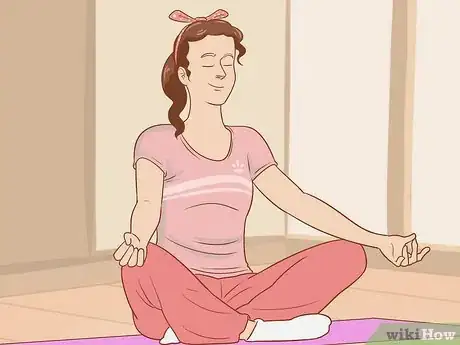








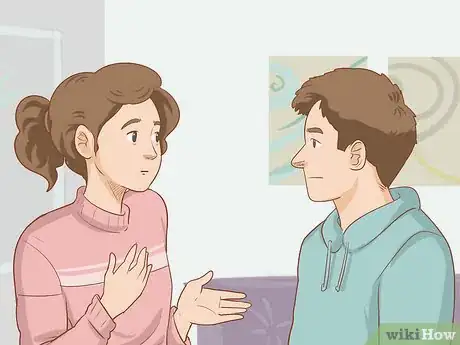
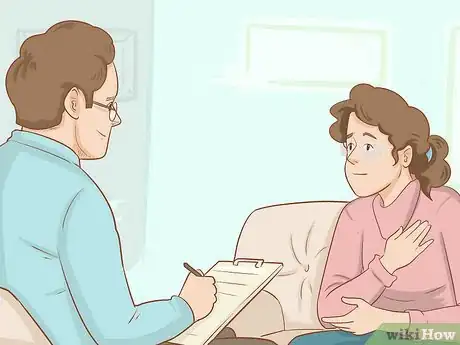

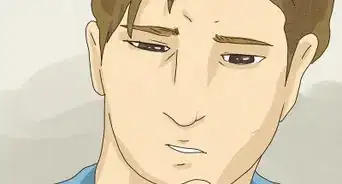
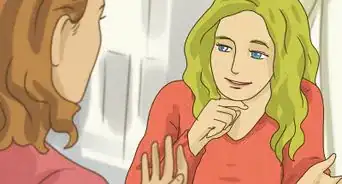
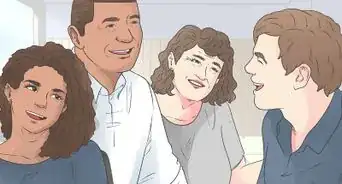
-Step-3-Version-2.webp)

